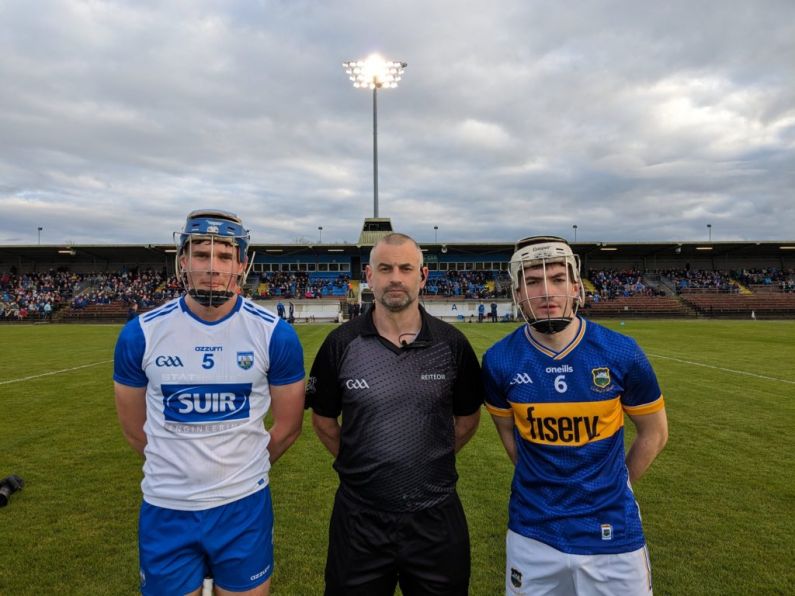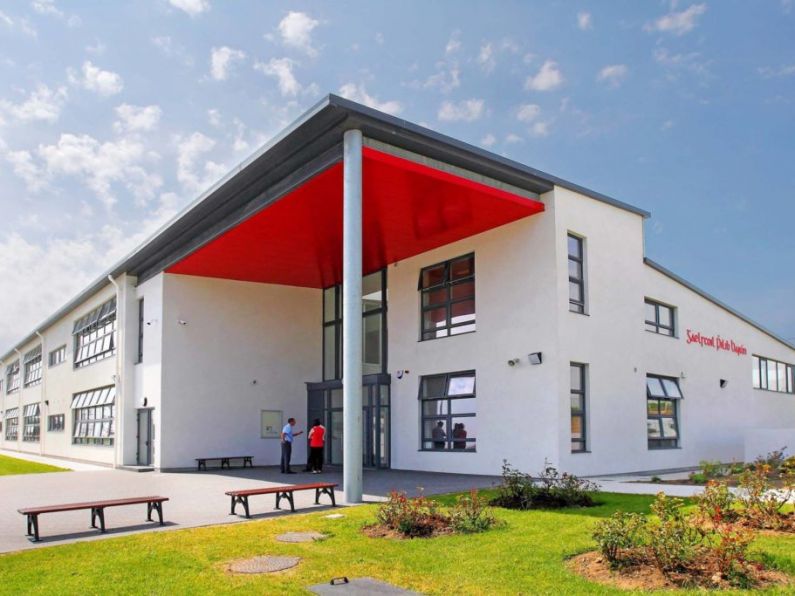Technology experts in Waterford have joined a global programme aimed at tackling one of the most aggressive forms of cancer by implanting tiny machines in the brains of patients affected.
The Waterford Institute of Technology’s Telecommunications, Software and Systems Group (TSSG) is partnering with universities worldwide on the groundbreaking project, named GLADIATOR.
Together, they’re developing miniature devices that interact with engineered cells, bio-nanomachines, to detect as well as treat the brain tumours.
The devices, when implanted in the brain, will be controlled from an external wireless device that will collect information to help treat Glioblastoma Multiforme, a type of brain cancer that can kill within weeks.
According to Principal Investigator and Director of Research at TSSG, Dr Sasitharan Balasubramaniam, GLADIATOR is a paradigm shift in oncology that will allow artificial networks of bio-nanomachines to extract information on the status of the cancer and manipulate it to affect its progression.
“The comprehensive theranostic solution for brain malignancies is set to be a significant medical breakthrough. Currently, highly complex malignancies such as brain tumours have a very grim prognosis, despite recent progress in their treatment and management,” he said.
GLADIATOR’s mission is to radically and dramatically change cancer monitoring and therapy, TSSG’s Dr Michael Barros said.

“Surgery for this form of brain cancer is very traumatic as the cancer is embedded deep within the brain. GLADIATOR aims to use wireless signals to control implanted bio-nanomachine engineered cells within the brain for sensing and treatment, and to send signals back to an external computing device that will determine the next best course of action.
“The project team will also examine the circuitry design, the power and communication requirements etc of these tiny implantable devices and how to interface to the bio-nanomachines that will interact with the cancer,” Dr Barros added.
The €6 million Horizon 2020-funded project will substantially improve patient prognosis and prolong their survival, the GLADIATOR partners say.
GLADIATOR is already underway and the four-year-long project sees communications technology experts at TSSG working with six other academic centres across Cyprus (University of Cyprus), Finland (University of Oulu), Norway (Norwegian University of Science and Technology), Germany (Fraunhofer Institute for Biomedical Engineering), USA (Michigan State Univerity) and Japan (Osaka University) and a nano-biotechnology SME EPOS-IASIS from Cyprus.
It is expected that the project’s results will substantially improve patient prognosis and prolong survival by minimising recurrences and reducing drug toxicity. Extended life expectancy, shorter hospitalisations and less caregiver involvement will also have a positive effect on health care systems, the experts predict.
By Dan Buckley - Irish Examiner













